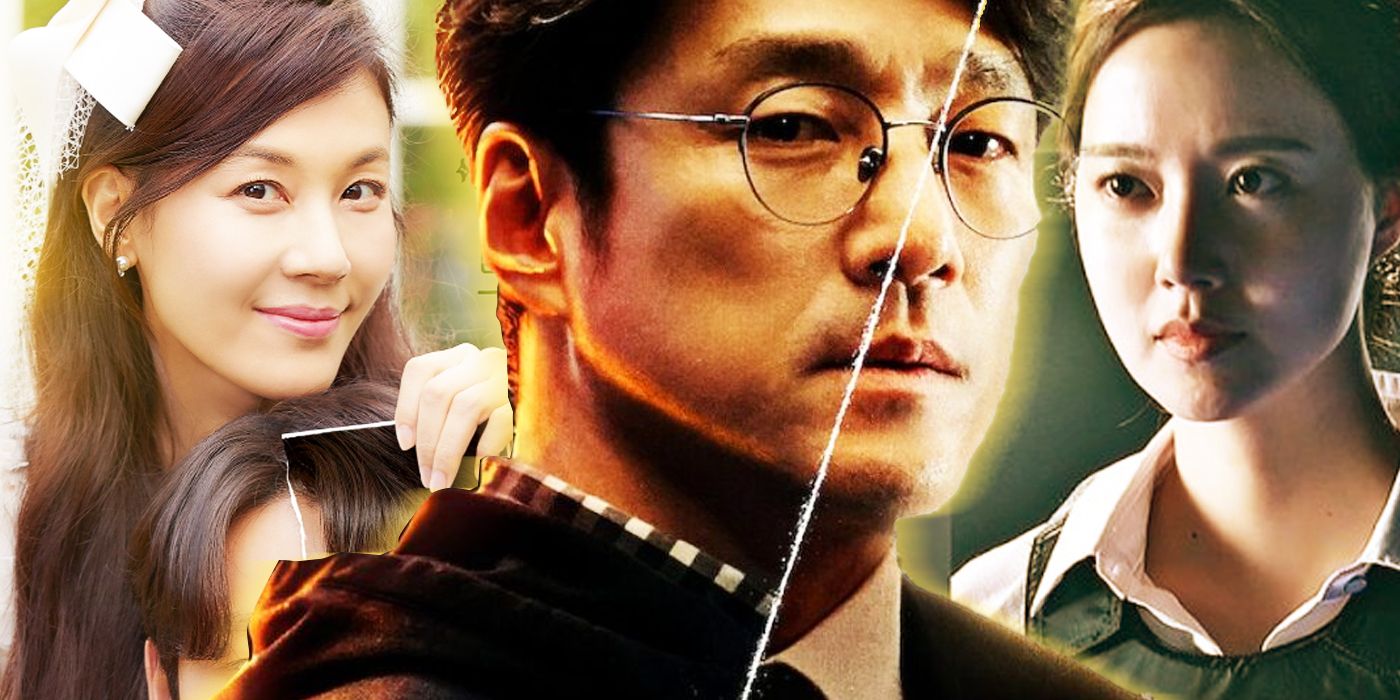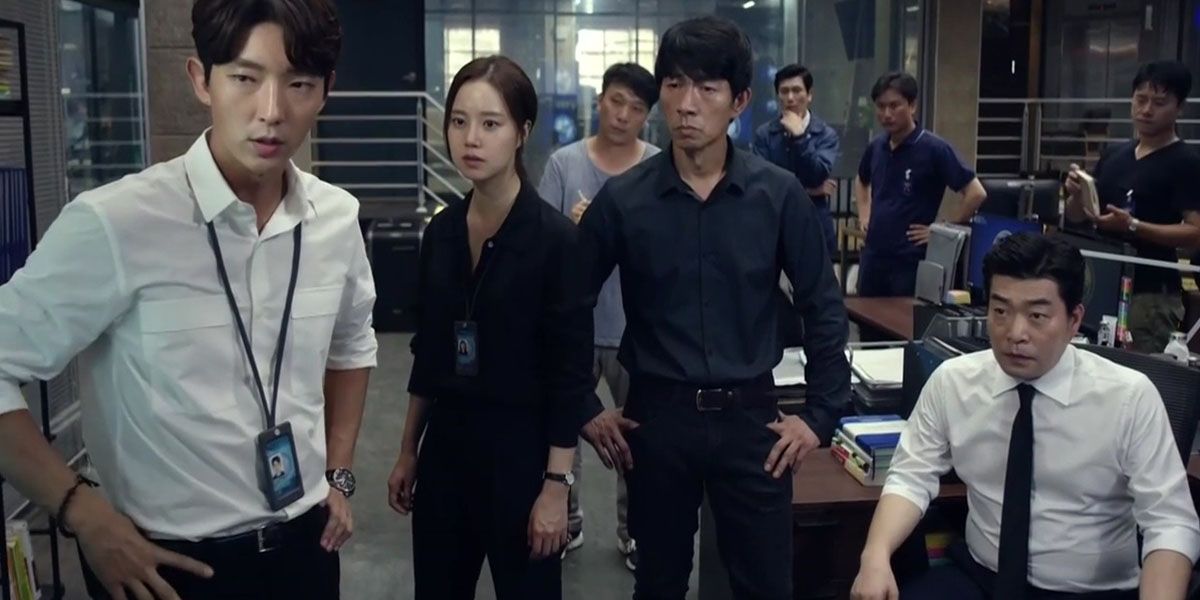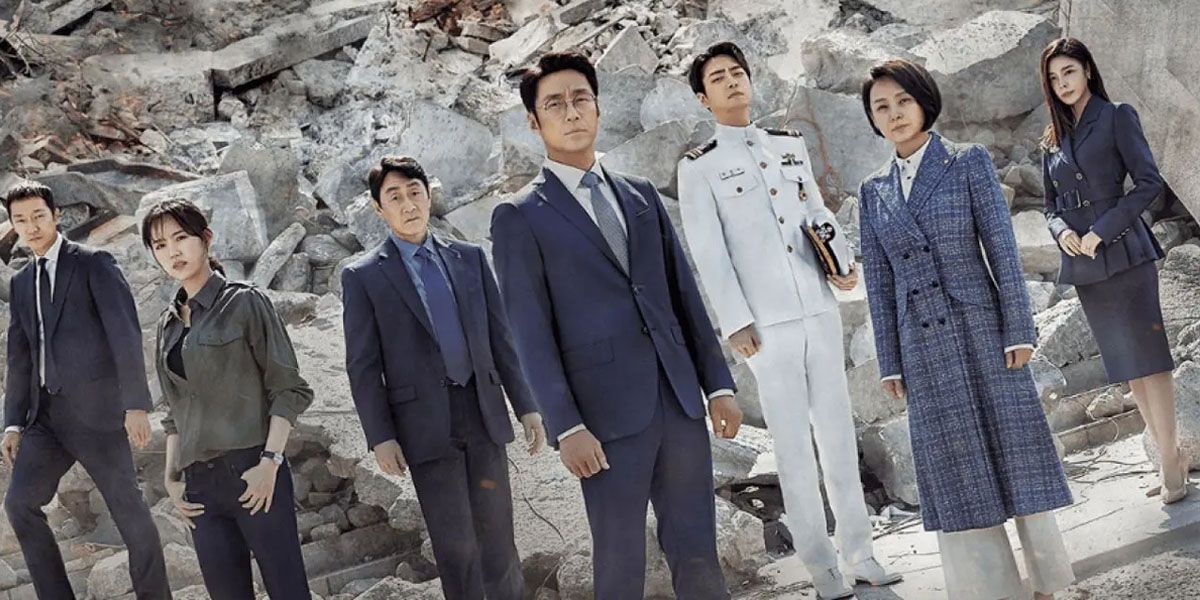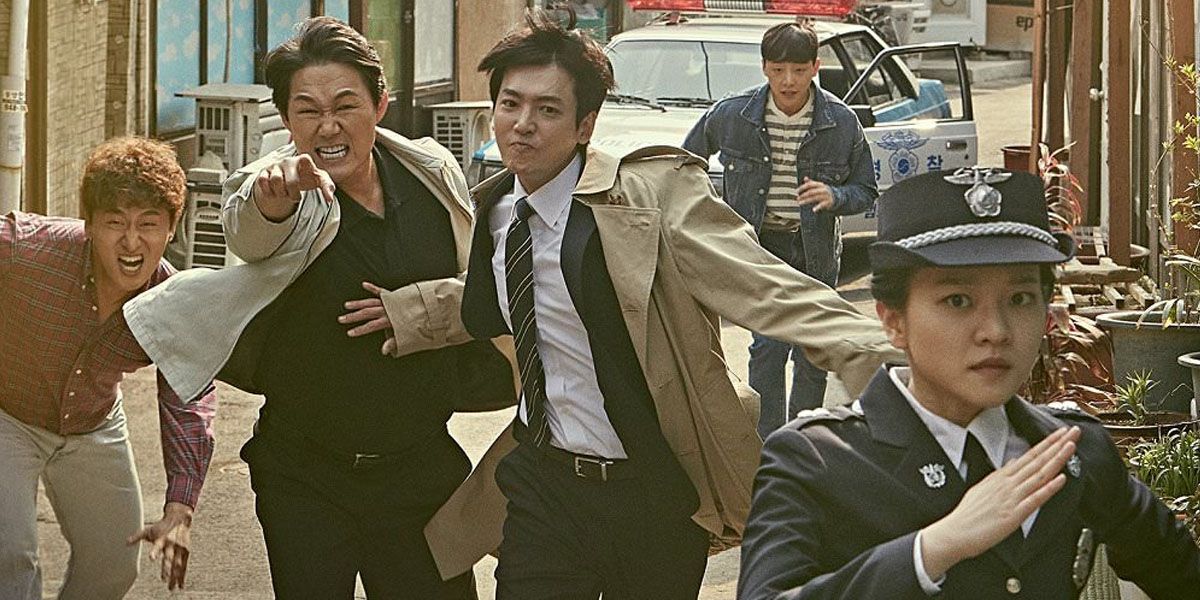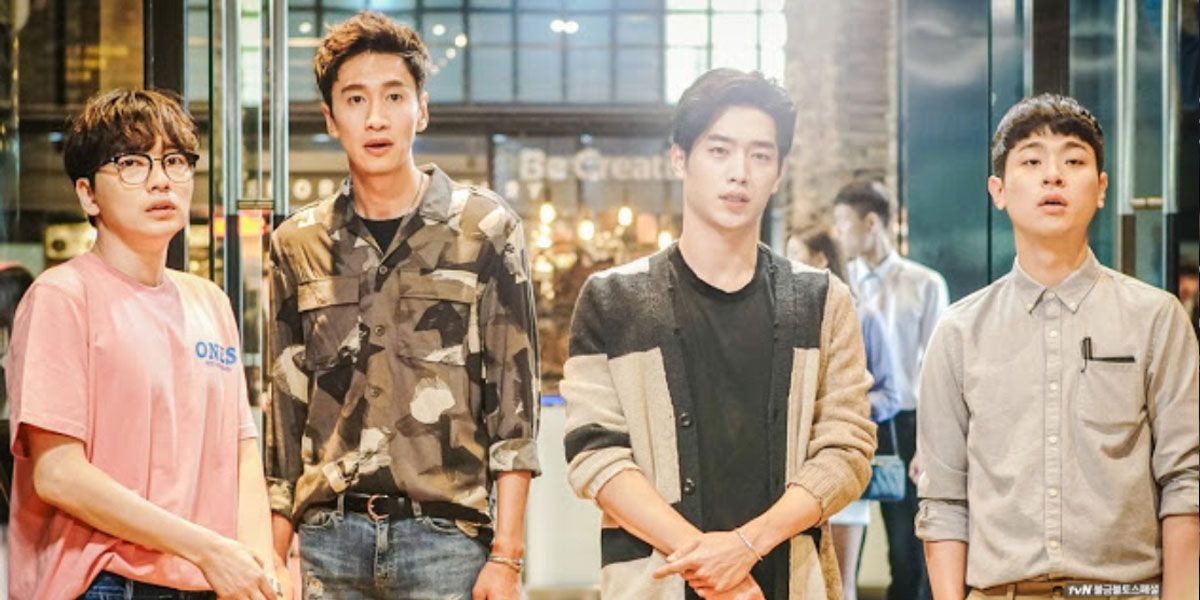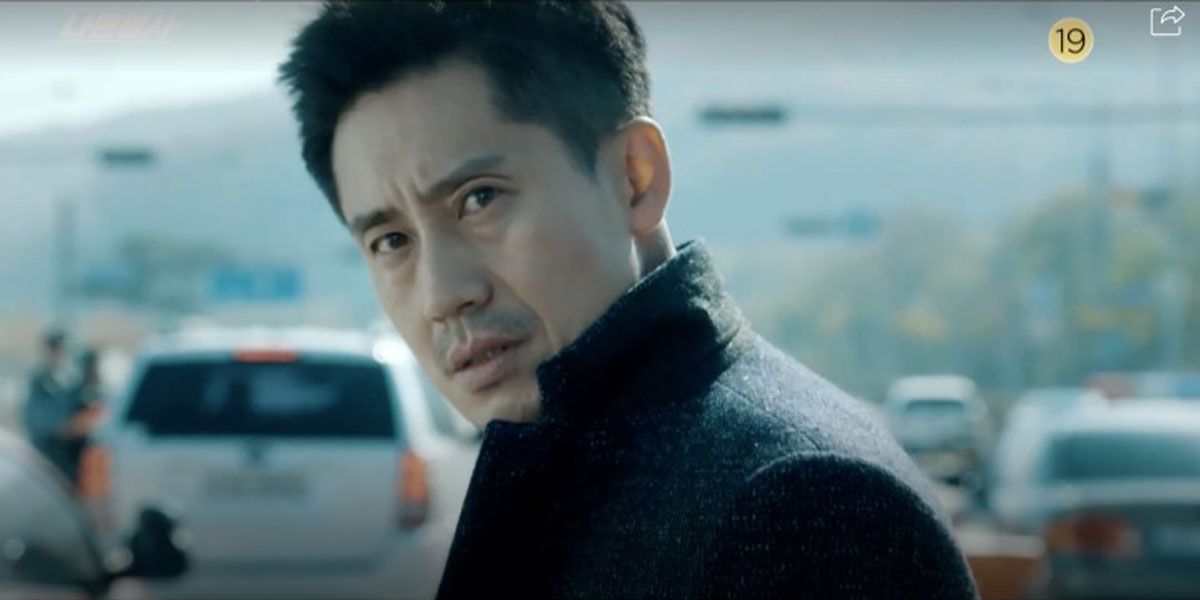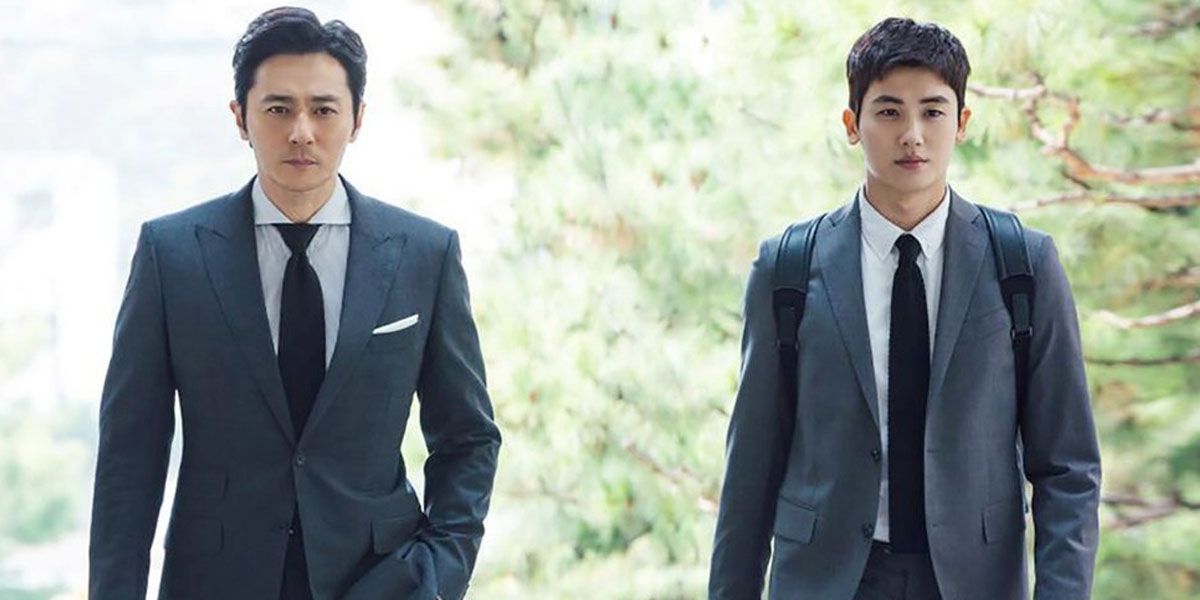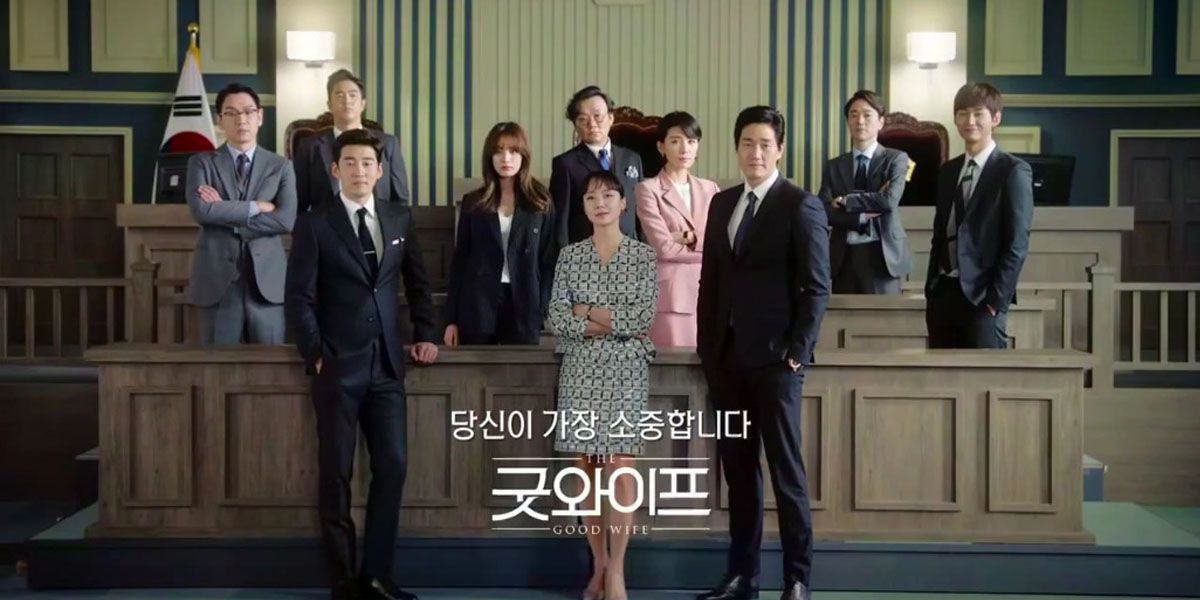Korean dramas have taken the world by storm in recent years. Many of them have generated worldwide popularity, and some shows have been adapted for a global audience like The Good Doctor. Korean networks have also found inspiration overseas as well, adapting a number of K-dramas from popular western films and television programs. Here are eight K-drama adaptations of English-language shows and movies.
Criminal Minds
The critically acclaimed CBS police procedural series Criminal Minds follows a team of FBI Behavioral Analysts as they seek to solve crimes using criminology and psychological profiling, giving viewers an inside look behind the psychology of crime. The show had high levels of popularity worldwide. In 2017, the franchise was expanded with a remake from the South Korean network tvN.
There is much familiarity to be found in the Korean remake of Criminal Minds. Instead of working for the FBI, the team works for the fictional National Criminal Investigation agency. Additionally, each member of the original's main cast had a Korean counterpart, and the main plot significantly borrowed from the third season. However, there is a major difference in formatting. The original Criminal Minds ran for multiple seasons, whereas the Korean version was only ever intended to have a one-series run, as is the standard for the majority of K-dramas.
18 Again
18 Again has a similar premise to the Zac Efron-helmed 2009 comedy film 17 Again. The original film sees Mike transforming into his 17-year-old self shortly after his wife files for divorce. He takes advantage of this opportunity to reconnect and fix the broken relationships he has with his wife and teenage children. The plot already sounded like something ripped straight from a Korean drama, so it was no surprise when Korean studio JTBC greenlit a Korean adaptation that was released in mid-2020.
In 18 Again, viewers follow Hong Dae Young, a 37-year-old father of two who, similar to the original film, finds himself unknowingly transported into the body of his younger self after his wife files divorce papers. The show was decently paced at 16 episodes, offering plenty of time to explore the characters in a deeper way than the original film never could due to its running time.
Designated Survivor: 60 Days
24's Kiefer Sutherland shines in the original ABC and Netflix series Designated Survivor. The political thriller follows Tom Kirkman, a Cabinet member who shockingly becomes the U.S. President after being the sole (and designated) survivor of an attack that devastated the U.S. Capitol, killing everyone else in the presidential line of succession. The show focuses on Kirkman adapting to life in Office while trying to balance the Capitol attack investigation, diplomacy and numerous threats facing the nation and his administration.
Based on the title alone, there is a stark difference from the US version, as Korean law dictates that the acting President has 60 days before a general election must be called. Designated Survivor: 60 Days follows a similar plot, with its equivalent to Kirkman, Environment Minister Park Mu-Jin (Ji Jin-Hee) becoming the acting President for 60 days and begins to uncover the truth behind the attack that left the Korean National Assembly in ruins.
Life On Mars
The hit British series Life On Mars tells the tale of police chief inspector Sam Tyler, who inadvertently travels to 1973 following a car accident in 2006. A big draw for viewers is the lack of clarity surrounding the events that happen, with Tyler's true fate (whether he has actually died, time traveled, or if he is stuck in a long dream) left ambiguous and up in the air.
Set in 1988, the Korean remake of the same name follows a modern-day forensics investigator Han Tae-joo (Jung Kyung-Ho), who finds himself stuck as a detective in the past. The show was praised by the original BBC producer, saying the Korean version “has the essence of the original while also having its own local flair. The setting is very Korean, and the time period is also interesting to watch.” Korea's Life on Mars is perfect for those who are looking for a great crime drama with a hint of sci-fi.
Entourage
The original Entourage series on HBO focuses on fictional movie star Vincent Chase as he and his friends adapt to life in Hollywood from their hometown of Queens. The series was a big hit for HBO, spanning eight seasons and a theatrical film. With its global popularity and fun concept, it is no surprise the show received a Korean remake in 2016.
The Korean remake of the same name follows a similar plot to the original, swapping Seoul for Hollywood. The ensemble cast is made up of popular actors, including Seo Kang-joon, Lee Kwang-Soo, Cho Jin-Woong, Park Jung-Min and Lee Dong-Hwi. Despite the big names attached, the series scored rather low ratings in South Korea, with critics arguing the show's western vibes and darker humor was ahead of its time and hence considered atypical and strange in K-dramas.
Less Than Evil
With its Korean title literally translating to "Bad Detective," this psychological crime thriller from South Korea's MBC network may not seem like a remake at first, but it is in fact an adaptation of BBC's award-winning police drama Luther. In the original, Idris Elba stars as DCI John Luther, an obsessive and sometimes violent police detective who is consumed by the darkness of the crimes he investigates.
It made sense to change the title for the show -- as was also the case with the Russian remake -- considering Luther is not a typical South Korean last name. Less Than Evil follows a successful but ruthless police investigator, Woo Tae-suk (Shin Ha-kyun), who constantly finds himself treading the line of good and evil due to the nature of his work. This 2018 K-Drama went on to get nominated for and win multiple Korean television awards and was consistently well received throughout its 32-episode run.
Suits
The American legal drama Suits takes place within a New York City law firm where Harvey Specter and college dropout Mike Ross close cases while keeping Mike's dropout identity a secret. Lasting nine seasons, Suits was the longest-running show on USA Network. Its success later saw the franchise expand to a short-lived spin-off, Pearson, as well as two international spin-offs in Japan and South Korea.
The Korean version of Suits was produced by KBS and stars Jang Dong-Gun as the equivalent of Harvey and former K-Pop idol Park Hyung-Sik as the show's version of Mike. Suits is co-produced by NBCUniversal, marking the studio's third Korean production following Moon Lovers: Scarlet Heart Ryeo and Saturday Night Live Korea. The Suits remake follows a general plot that is nearly identical to the original, albeit compressed into a tight sixteen episodes.
The Good Wife
The Good Wife was a CBS political-legal drama that ran from 2009 to 2016. The show follows Alicia Florrick (Julianna Margulies), a stay-at-home mom who returns to her previous career as a litigator after her attorney husband gets caught up in a corruption scandal. The Emmy award-winning series spawned a spin-off show, The Good Fight, as well as international remakes in a number of markets, including Japan, Ireland, India, Russia and South Korea.
Released in 2016, the premise of the Korean version remains largely the same as the original but trading the Chicago setting for Seoul. The show was a success and well received by general audiences, earning multiple awards and nominations. Part of The Good Wife's success could also be attributed to the small-screen return of renowned South Korean actress Jeon Do-yeon, who plays Kim Hye-kyung, the show's equivalent to Alicia Florrick.

